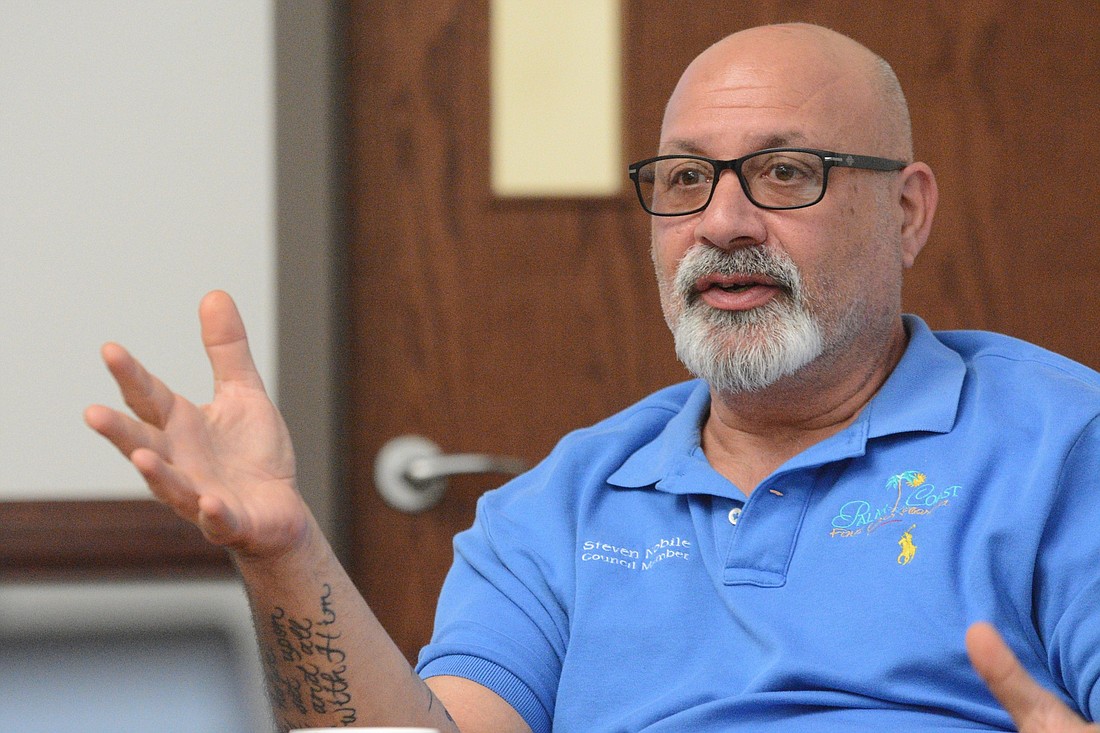- April 26, 2024
-
-
Loading

Loading

Every six years, Palm Coast considers changing its schedule of impact fees — the money developers pay to there city government to offset the costs their development will have on the city’s infrastructure, so that cost isn’t borne by taxpayers.
“We’re seeing a lot of increased cost in materials today,” Mayor Milissa Holland said at a City Council workshop Nov. 14. “We certainly do not want to put the burden on the residents who are already living here who have not created that impact.”
A presentation by contractors Lassiter Transportation Group and New Urban Concepts suggested an impact fee option that would have the effect of raising impact fees on hotels, single-family detached homes that are not urban infill, restaurant drive-thrus, convenience stores and gas station fueling stations and lowing fees on urban infill single-family homes, multifamily apartments, offices, fast casual restaurants, sit-down restaurants and multi-tenant retail.
Factoring into the city’s decision is which areas will need to be updated with city money as opposed to state grant money.
“Palm Coast Parkway is really the big question as to whether we would get state funding through FDOT,” City Manager Jim Landon said at the workshop.
City Councilman Steve Nobile was concerned that raising impact fees might push away businesses.
In a public comment, former Mayor Jon Netts said that should not be a major concern.
“If the impact fees were to cause a fast food restaurant to say, ‘Well, it’s not within our profit margin, so we’re not going to building in Palm Coast’ — not a huge loss. ... At some point, that restaurant is going to say, ‘Well, wait a minute, there’s enough demand, there’s enough population, it makes it worthwhile.’ So simply trying to adjust your impact fees so you don’t push somebody out doesn’t make sense. Growth for growth’s sake is not a good policy. You want growth — you want considered growth, you want appropriate growth — but you don’t want to put the burden on your existing residents. That’s the whole concept of impact fees: Growth should pay for itself.”